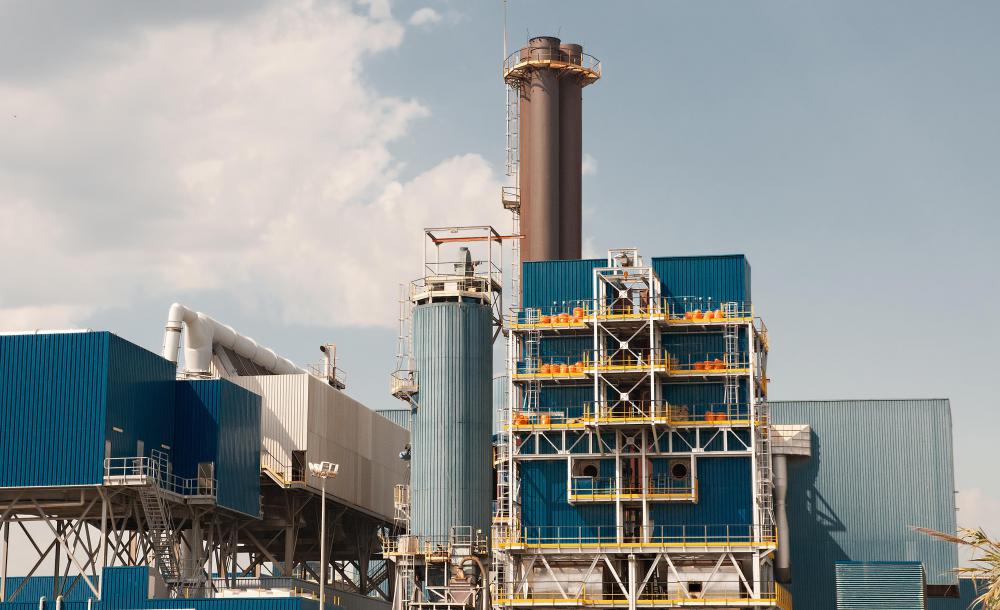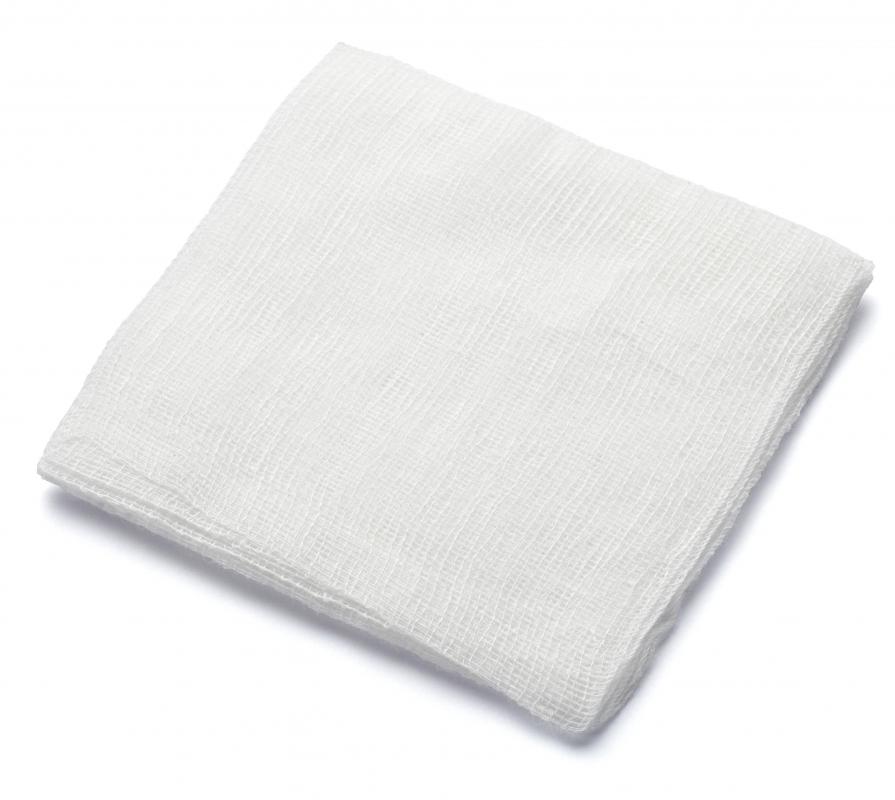At PracticalAdultInsights, we're committed to delivering accurate, trustworthy information. Our expert-authored content is rigorously fact-checked and sourced from credible authorities. Discover how we uphold the highest standards in providing you with reliable knowledge.
What is Sanitation Management?
Sanitation management refers to the practices and procedures necessary to ensure a clean, safe establishment. Proper sanitation is important in any job, though it is especially valuable, and often enforced by law, in the food service, agriculture, and healthcare industries. Effective sanitation management requires skilled workers and supervisors to ensure that a facility maintains cleanliness and meets all regional and federal sanitation codes. Duties of sanitation workers may include physically cleaning facilities, training employees in sanitary practices, and conducting regular inspections.
In the food service industry, sanitation workers are responsible for keeping restaurants, cafeterias, grocery stores, and bars safe and comfortable for customers. Janitors and other employees scrub floors and walls, sanitize tables, chairs, doors, and eating trays, and thoroughly clean bathrooms. Many establishments hire dishwashers to clean reusable dishes and kitchen appliances regularly. Most sanitation workers who are employed by food service companies learn skills on the job from experienced workers and trainers. Many facilities designate sanitation managers to oversee other employees and make sure that nothing is neglected or cleaned improperly.

A sanitation inspector might work for a specific food service corporation or represent a government agency that enforces sanitation codes and laws. He or she performs routine evaluations to ensure a facility's cleanliness and safety for employees and customers alike. Inspectors who work for the government can fine establishments for unsanitary procedures, or even shut them down until they can meet certain standards.

Sanitation management in healthcare is similar to the practices found in the food service industry, though there is a special focus on sterilization and proper disposal of potentially harmful products. Healthcare workers are instructed to dispose of used needles, gauze, and other items in appropriate biohazard waste bins. Trained janitors may be asked to sterilize medical testing equipment and operating rooms in addition to performing standard cleaning jobs. In addition, regular health inspections by government officials are an important part of hospital sanitation management.

Other industries practice sanitation management to guarantee that food and other goods are safe for consumption and use. Sanitation is essential in agricultural institutions and manufacturing plants that package beverages and foodstuffs. A contaminated crop or animal product can potentially be devastating to huge numbers of unsuspecting consumers. Sanitation management in agricultural and packaging plants is most often overseen by federal government officials.

Municipal facilities such as wastewater treatment plants practice careful sanitation management to protect the health of a community. Water supplies are frequently tested for the presence of harmful bacteria or chemicals that could harm citizens. Skilled workers make sure that sewer lines are maintained, filtration techniques are effective, and drinking water supplies are not tainted by pollution.
AS FEATURED ON:
AS FEATURED ON:














Discussion Comments
Why is this important?
Post your comments